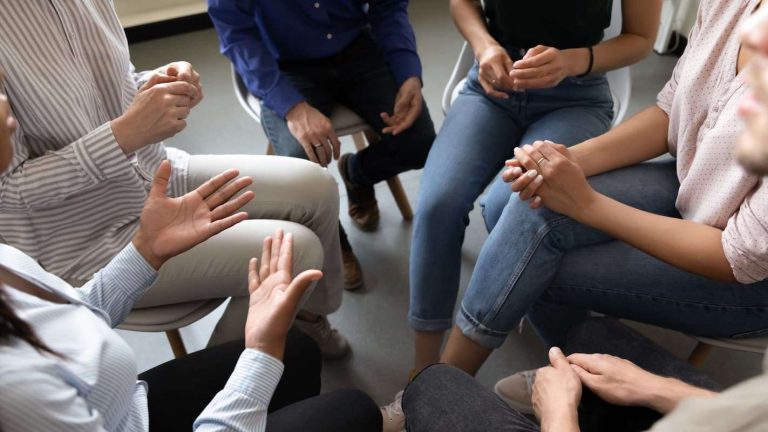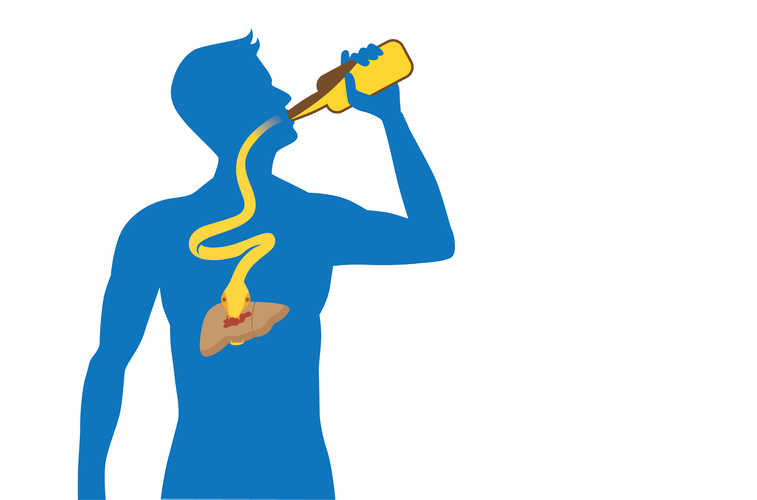Seeing a doctor to rule out underlying medical conditions is always a good first step. While your doctor may prescribe does alcohol make depression worse medication, consider inquiring about non-habit-forming options— because many alcohol, depression, and anxiety medications can be addictive. Holistic remedies include meditation, yoga, exercise, and an overall healthy lifestyle. Additionally, vitamins, supplements, and herbs can naturally help you cope with depressed or anxious thoughts and help your body heal. Check with your doctor about any new medicines or herbal supplements before taking them, since there could be negative interactions.
- The added head pain, body aches, and nausea can worsen feelings of depression.
- It can get worse over time, especially when combined with regular or heavy alcohol use.
- Alcohol use disorder and depression are two conditions that often occur together.
The Potential Link Between Alcohol and Mental Health Disorders
- The more someone drinks to cope with depression, the worse their condition may become.
- Alcoholic beverages can be problematic — even dangerous in some instances — if you’re taking antidepressants.
- Depression can also be directly caused by alcohol in the case of a substance-induced disorder.
An option exists for everyone, especially with today’s highly personalized treatment programs. Many people who didn’t have depression or anxiety to begin with can actually develop the disorders as a result of drinking. When this happens, and they try to stop drinking, intense withdrawal from alcohol occurs, which makes seeking a reprieve in another drink seem like a viable choice.

Symptoms of Depression
These effects can create a tough cycle, but understanding them is the first step to breaking free. Lastly, there are a variety of support groups for those who struggle with alcohol and other drugs. Some of them promote sobriety while others have a harm reduction approach. Harper volunteered for a five-year term on her medical school’s admission committee, has given numerous presentations, and has taught medical students and residents. She is passionate about volunteering for the state medical board’s medical disciplinary commission, on which she has served since 2015. Your primary care provider can refer you to a therapist, but you can also try directories, such as this one through Psychology Today.
Alcohol and Depression
While this can feel good for a short time, this drug addiction treatment effect doesn’t last for long. The feelings of bliss wear off, and they can worsen your depression symptoms. Moreover, alcohol interferes with sleep quality—a crucial factor for mental well-being. Poor sleep exacerbates depressive symptoms, creating a vicious cycle where both problems feed into each other.

For people already battling depression or anxiety, poor sleep creates another layer of difficulty. The combined effects can lead to deeper cycles of depressive symptoms, leaving people feeling without relief. It’s important to recognize that while alcohol may seem like a “quick fix,” it often makes symptoms worse in the long term. Breaking this damaging cycle requires more than addressing substance use alone—it calls for care tailored to both the emotional and physical impacts of alcohol dependence. Heavy alcohol consumption is closely linked to an increase in depressive symptoms due to its complex interplay with neurochemical, physiological, and psychological factors. Alcohol initially acts as a central nervous system depressant, disrupting the balance of neurotransmitters like serotonin and dopamine, which are crucial for mood regulation.





